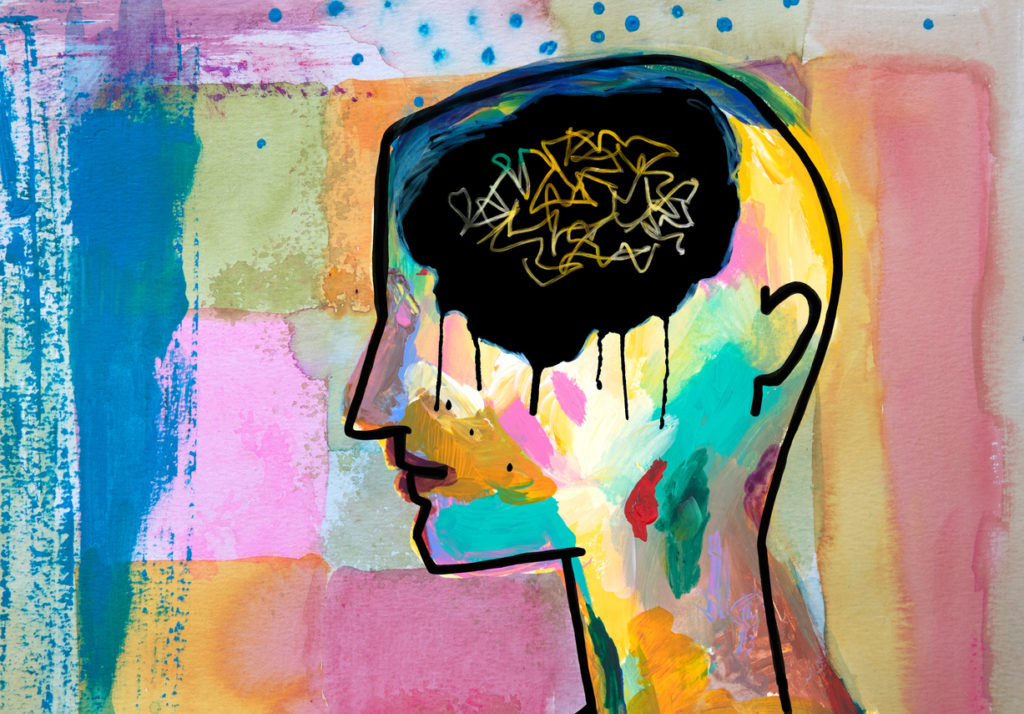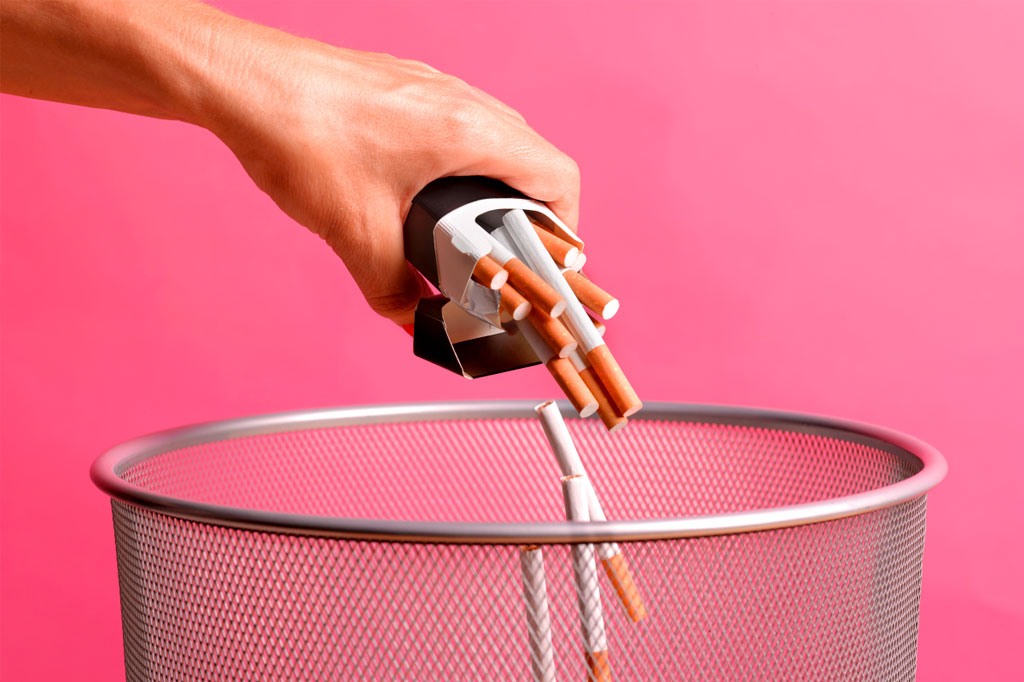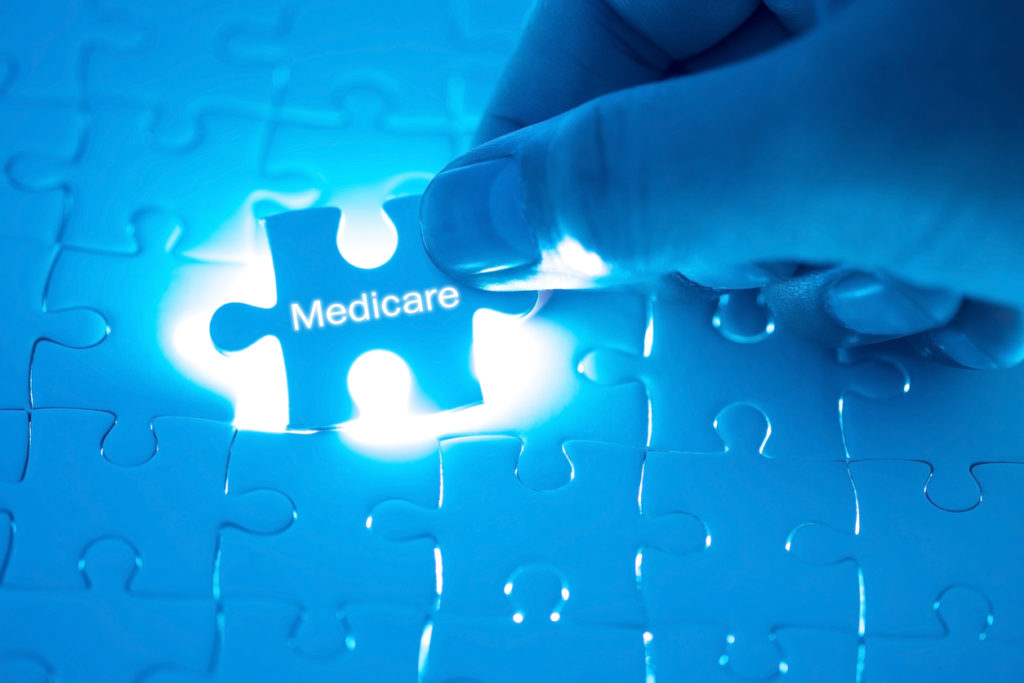This is a study to assess the effectiveness of repetitive transcranial magnetic stimulation (rTMS) as a treatment for depressed adults with bipolar disorder.
Official Title
A Comparison of Left vs. Right Prefrontal Cortex Transcranial Magnetic Stimulation as a Treatment for Bipolar Depression
Conditions
Bipolar Depression
Study Type
Interventional
Study Design
Treatment, Randomized, Double-Blind, Placebo Control, Parallel Assignment, Efficacy Study
Further Details
In rTMS high-intensity, fluctuating magnetic fields non-invasively stimulate the cortex of the brain depolarising neurons. No anaesthetic is required and the treatment in subconvulsive. Recent studies suggest that rTMS can be an effective treatment for depressive illness in adults (Loo and Mitchell et al, 2005) and appears to be quite safe.Most of the published studies to date have focused on unipolar depression. There is limited data of TMS use in bipolar depression. Eg. Pilot study by Nahas Z, Kozel FA, Li X, Anderson B, George MS.in 2003, which was negative.We wish to assess this in a sham-controlled study of adults. We hypothesise that both left and right sided rTMS will have an antidepressant effect superior to sham in this population. Primary Outcome Measures:
- All measures at baseline and at the end of each week of treatment in the blind phase and after every 2 weeks of treatment in the open phase. [Time Frame: weekly]
- Montgomery-Asberg Depression Rating Scale (MADRS) [Time Frame: Weekly]
- Clinical Global Impressions Scale (CGI) [Time Frame: Weekly]
Secondary Outcome Measures:
- Patient Global Improvement scale [Time Frame: Weekly]
- Young Mania Rating Scale [Time Frame: weekly]
Study Start
April 2007; Expected completion: April 2010
Eligibility & Criteria
- Ages Eligible for Study: 18 Years – 80 Years
- Genders Eligible for Study: Both
Inclusion Criteria:
- DSM-IV Major Depressive Episode of no more than 3 years.
- Diagnosis of bipolar I or II disorder
- Montgomery-Asberg Depression Rating Scale score of 20 or more.
- Aged over 18
- May or may not be taking antidepressant medication.
Exclusion Criteria:
- Patient not able to give informed consent.
- Failure to respond to ECT in current episode of depression.
- Significant other Axis I psychiatric disorders e.g. schizophrenia.
- In imminent physical or psychological danger, or needs rapid clinical response due to inanition, psychosis or high suicide risk.
- Comorbid substance abuse or dependence
- History of neurological illness e.g. epilepsy; neurosurgical procedure
- Metal in the cranium, a pacemaker, cochlear implant, medication pump or other electronic device.
- Women of child-bearing age in whom pregnancy cannot be ruled out.
- Patients with a history of mood ‘switching’ in response to other treatments.
Total Enrolment
100
Contact Details
Black Dog Research Institute, Sydney, New South Wales, Australia; Recruiting
- Melissa Pigot, BPsych(Hons): +61 2 9382 3720; m.pigot@unsw.edu.au
Northside Clinic, Sydney, New South Wales, Australia; Recruiting
- Melissa Pigot: 61-2-9382 3720; tms@unsw.edu.au
All content and media on the HealthEngine Blog is created and published online for informational purposes only. It is not intended to be a substitute for professional medical advice and should not be relied on as health or personal advice. Always seek the guidance of your doctor or other qualified health professional with any questions you may have regarding your health or a medical condition. Never disregard the advice of a medical professional, or delay in seeking it because of something you have read on this Website. If you think you may have a medical emergency, call your doctor, go to the nearest hospital emergency department, or call the emergency services immediately.







